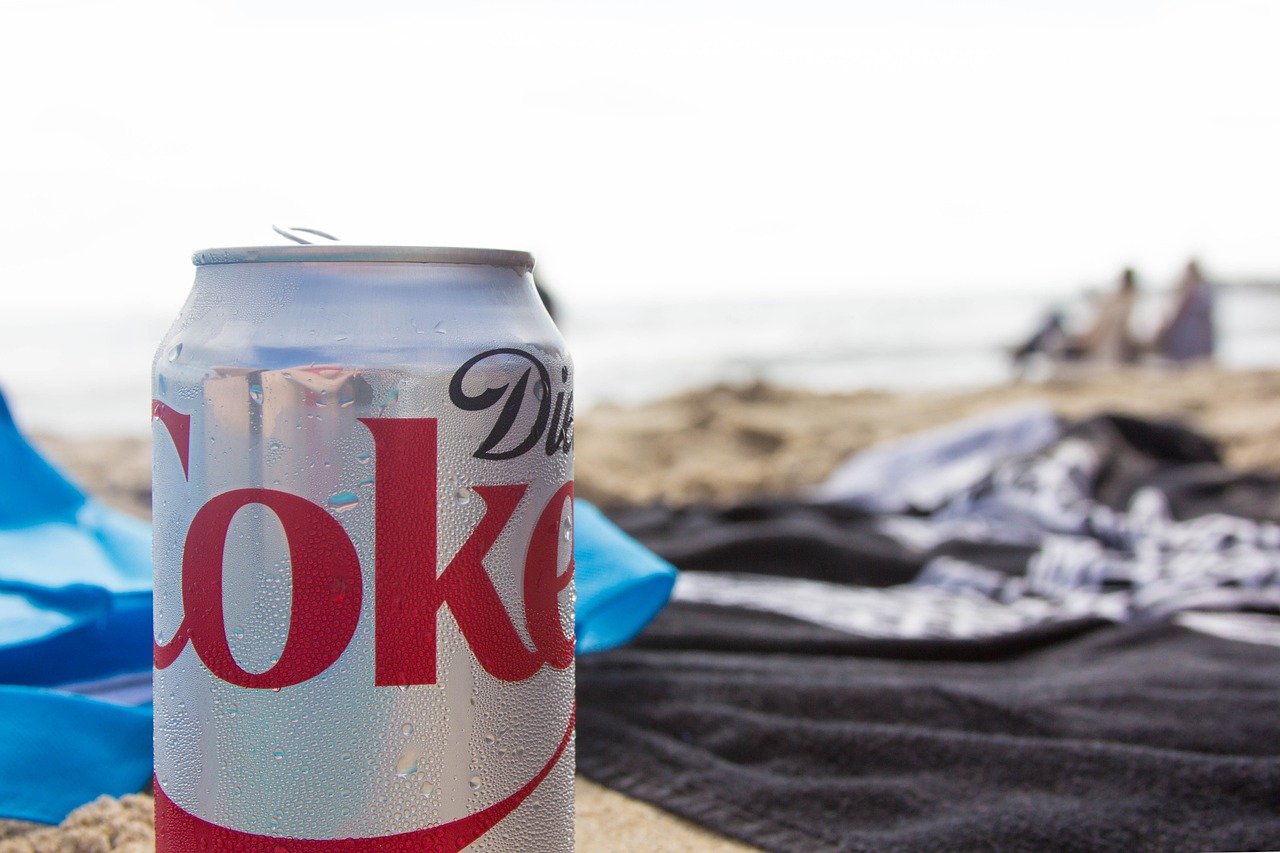KUALA LUMPUR, June 30 – The World Health Organization (WHO) is preparing to label aspartame – a popular artificial sweetener used in thousands of products, including Diet Coke – as a possible cancer risk to humans.
The Guardian, citing a report from Reuters yesterday, reported that the International Agency for Research on Cancer (IARC), under the WHO, has conducted a safety review of aspartame and is due to publish a report next month.
The IARC is reportedly prepared to label the artificial sweetener as “possibly carcinogenic to humans”, meaning there is some but limited evidence linking aspartame to cancer.
The Guardian quoted an anonymous source as saying that the IARC safety review was conducted to see if aspartame is a potential hazard, based on all published evidence, but that it does not take into account how much of the product one can safely consume.
That advice comes from the Joint FAO/WHO Expert Committee on Food Additives (Jecfa), a separate WHO expert committee on food additives that has also been reviewing aspartame use this year. Jecfa is due to announce its findings on the same day the IARC makes its decision public in two weeks.
“IARC has assessed the potential carcinogenic effect of aspartame (hazard identification),” an IARC spokesman told the Guardian.
“Following this, the joint FAO/WHO expert committee on food additives will update its risk assessment exercise on aspartame, including the reviewing of the acceptable daily intake and dietary exposure assessment for aspartame. The result of both evaluations will be made available together, on 14 July 2023.”
According to the Guardian, aspartame has been commonly used worldwide since the 1980s as a table-top sweetener, and in products like diet fizzy drinks, chewing gum, breakfast cereals, and cough drops.
“IARC is not a food safety body,” the International Sweeteners Association was quoted saying, in response to the reports.
“Aspartame is one of the most thoroughly researched ingredients in history, with over 90 food safety agencies across the globe declaring it is safe, including the European Food Safety Authority, which conducted the most comprehensive safety evaluation of aspartame to date.”
Meanwhile, the International Council of Beverages Associations reportedly suggested that the IARC’s move “could needlessly mislead consumers into consuming more sugar rather than choosing safe no- and low-sugar options”.








